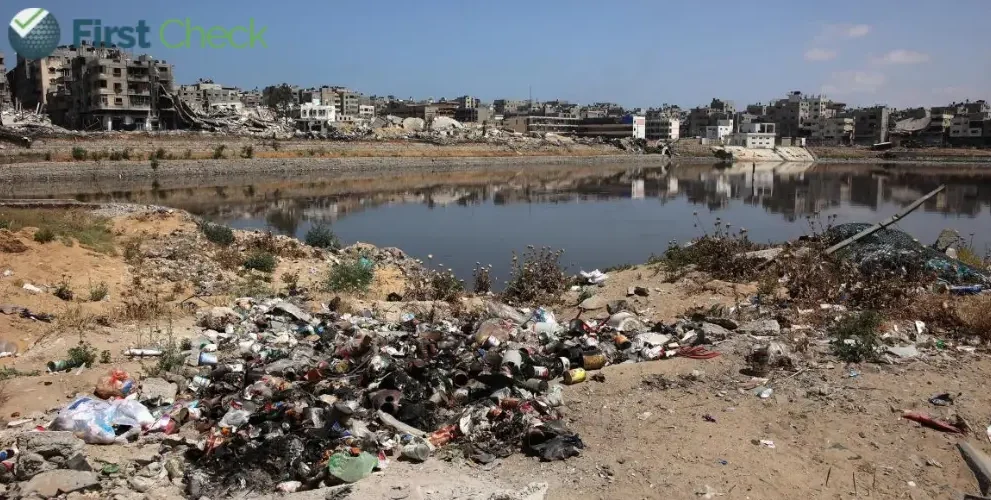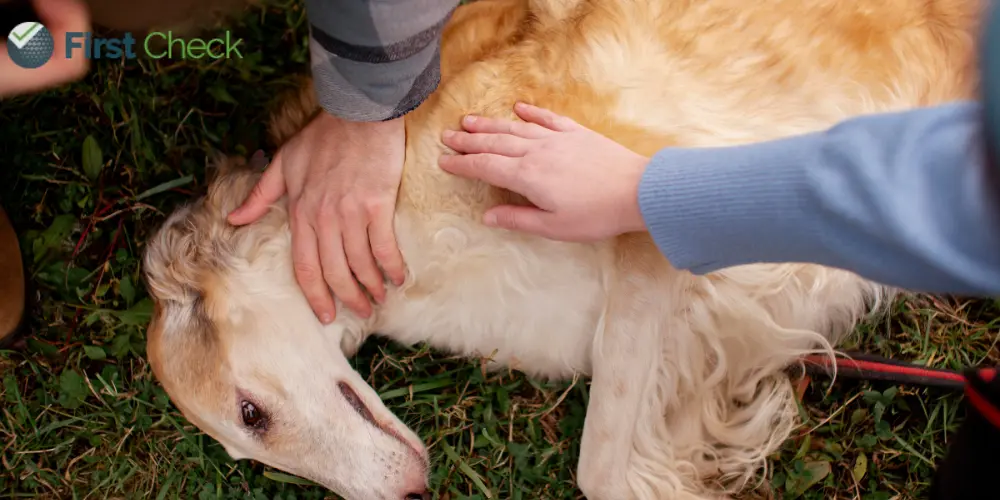Polio virus detected in Gaza, WHO warns of global risk
Author
Author
- admin / 2 years

- 0
- 2 min read

Author
The origin of the virus, isolated from sewage samples in two sub-regions within Gaza, is currently being investigated.
Variant type 2 poliovirus (VDPV) has been isolated from sewage samples in Gaza, as per the Global Polio Eradication Initiative’s official statement released on 19 July, 2024. The World Health Organization (WHO) considers there to be a high risk of spread of this strain within Gaza, and internationally, particularly given the impact the current situation continues to have on public health services.
According to the international body, the virus was isolated from six environmental (sewage) samples, collected from different collection sites in two sub-regions within Gaza on 23 June 2024. “The origin of the isolated viruses is being investigated. It is important to note that virus has been isolated from the environment only at this time; no associated paralytic cases have been detected,” the Global Polio Eradication Initiative said in a statement.
The Global Polio Eradication Initiative is a public-private partnership led by national governments with six partners –WHO, Rotary International, the US Centers for Disease Control and Prevention (CDC), the United Nations Children’s Fund (UNICEF), Bill & Melinda Gates Foundation and Gavi, the vaccine alliance. “A risk assessment is being implemented, led by the Ministry of Health of Gaza, including to assess surveillance sensitivity for the detection of acute flaccid paralysis (AFP) and environmental surveillance, and subnational immunity levels are being more clearly assessed,” it further noted.
According to the WHO, routine immunisation rates in the occupied Palestinian territory (oPt) were optimal before the start of conflict in October 2023. “Polio vaccination coverage (POL3), primarily conducted through routine immunisation, was estimated at 99 per cent in 2022. This has declined to 89 per cent in 2023, according to the latest WHO-UNICEF routine immunisation estimates,” said the official statement.
Of the three strains of wild poliovirus (type 1, type 2 and type 3), wild poliovirus type 2 was eradicated in 1999 and wild poliovirus type 3 was eradicated in 2020. The polio vaccine provides the best protection against the virus.
While the WHO, UNICEF and other partners continue to work with public health authorities on the ground to mitigate the impact of the current crisis in Gaza, it’s important to underscore the potential public health challenge this could pose at a global level.
Read More : Three common myths about polio vaccine









